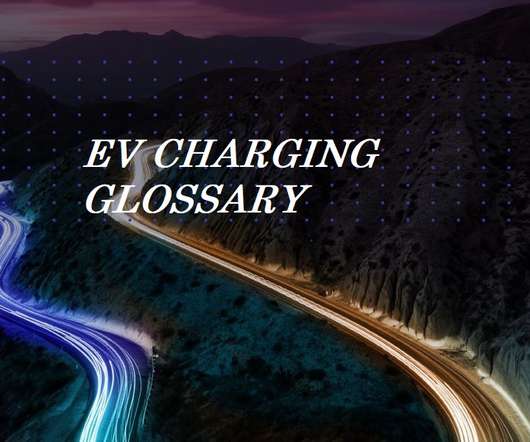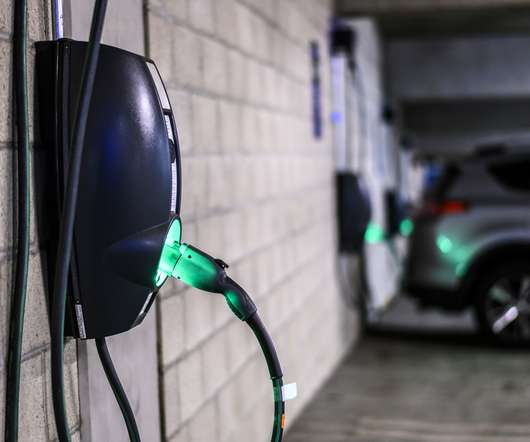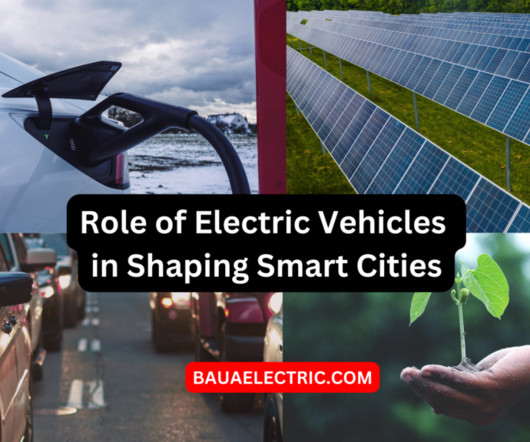What is Decarbonization?
Driivz
JUNE 22, 2022
Decarbonization (or decarbonisation) is reducing the amount of carbon dioxide (CO2) released into the atmosphere as a component of greenhouse gas (GHG) emissions. In order to do this, countries, cities, regions, companies and individuals all need to work ambitiously toward achieving carbon neutrality by 2050.











Let's personalize your content